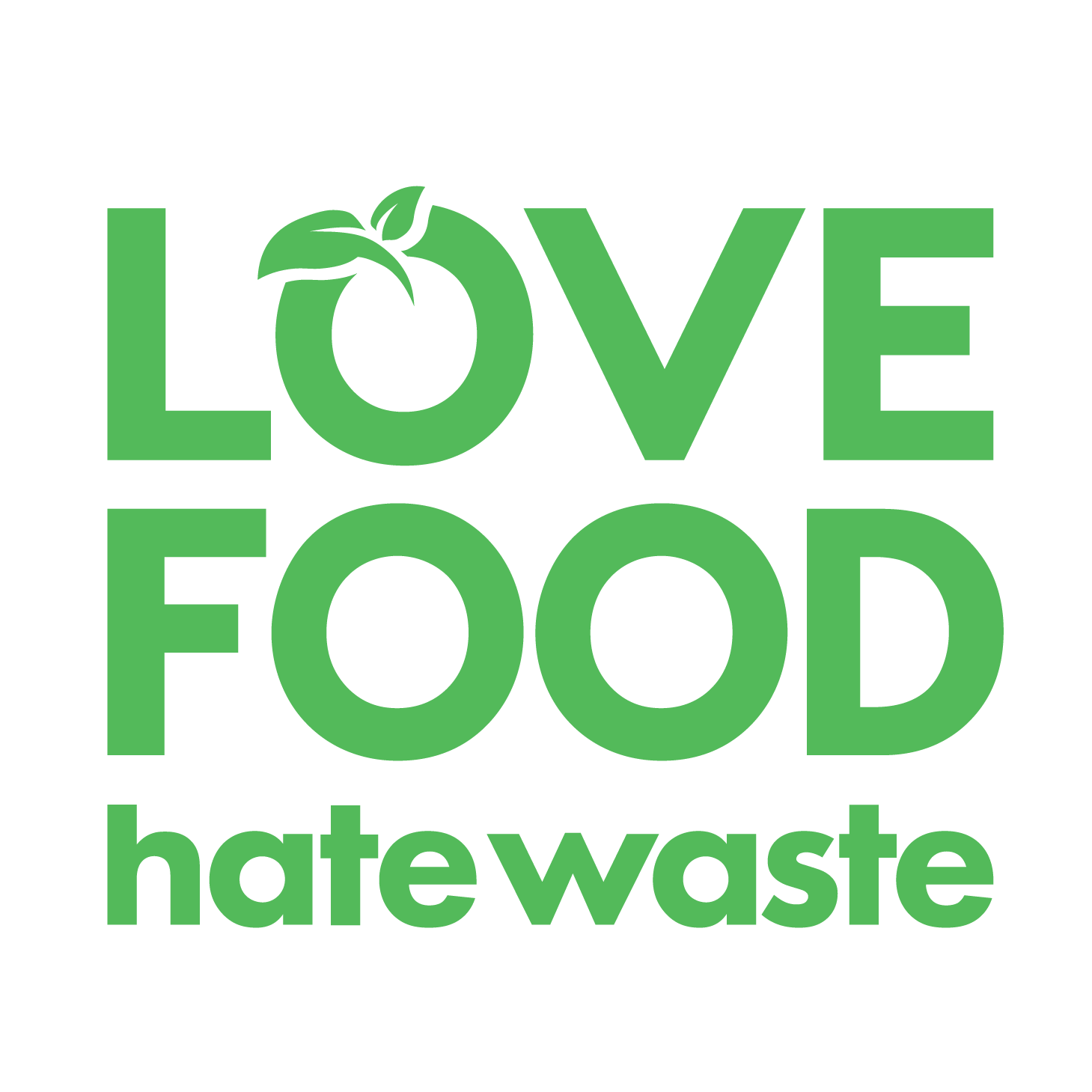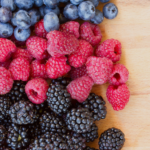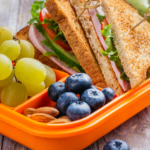Partner Spotlight: The City of Toronto – Reducing Food Waste One Meal at a Time
When it comes to reducing food waste, the City of Toronto is taking action — and not just to manage waste, but to build a more sustainable future. According to Angela Doyle, Acting Manager of Stakeholder & Community Outreach with Toronto’s Solid Waste Management Services, tackling food waste is a vital part of the City’s Long-term Waste Management Strategy.
“Food waste makes up a big part of what ends up in our garbage bins and, eventually, in landfills,” Angela explains. “That’s a problem — not only because it’s wasteful, but because food in landfills contributes to harmful greenhouse gas emissions.”
Through waste audits, the City found that the average single-family household in Toronto throws out over 200 kilograms of food each year — and more than half of that is avoidable waste like uneaten leftovers and untouched produce.
It’s this reality that has fueled Toronto’s commitment to food waste reduction.
Love Food Hate Waste: A Valuable Ally
Toronto’s Green Bin program, launched in 2002, was one of the first curbside organics collection programs in North America. It was designed to keep unavoidable household food waste out of landfills by turning it into high-quality compost. It does that, but the City has found, “much of what’s ending up in those bins is avoidable food waste,” says Angela. “That means we’re processing food that didn’t need to be tossed in the first place.”
That’s where the Love Food Hate Waste Canada campaign comes in.
“We’ve found the LFHW resources incredibly helpful — the messaging is consistent, backed by data, and highly engaging,” says Angela. “It gives us a way to connect with people in a meaningful way and show them how small changes at home can have a big impact.”
Building Awareness with Education and Outreach
The City of Toronto uses a multi-pronged approach to educate residents about food waste, including:
- A dedicated Food Waste Reduction website offering practical tips, educational videos (like how to pickle vegetables), and compelling stats.
- Social media campaigns featuring Love Food Hate Waste tools — including popular downloadable recipe cards.
- Participation in local events, where waste educators offer information on food waste reduction and share take-home resources.
- Partnerships with local organizations like Urban Harvest. This grassroots initiative collects surplus fruits and vegetables from residents’ backyards and redistributes them to local food banks and programs — diverting nearly 13,000 kg of fresh produce since 2018. It also hosts food preservation workshops to teach residents how to can and store their harvests.
Changing public behaviour isn’t easy, but Angela believes, “One of the most powerful things we can do is help people realize their actions matter. Sharing real numbers — like the fact that 640,000 bananas are wasted daily in Canada — really hits home.”
A Personal Tip from Angela
Angela’s top food-saving tip? Meal planning.
“Meal planning, especially with kids, helps me plan ahead, create a grocery list and, as long as I stick to it 😉, it saves me time, money — and food!”
Angela’s family also makes a point of having “leftover dinners” during the week to use up what’s already in the fridge. And when creativity is needed, she turns to the internet for ideas using what she has on hand.
Angela’s advice for families: start young.
Research shows that the earlier children are exposed to sustainable habits at home and the more consistently those habits are practiced, the more likely kids are to adopt them for life. In Angela’s household, that starts with simple, age-appropriate actions. “We encourage our kids to only take what they’re going to eat and to finish what’s in their lunchbox before grabbing after-school snacks.”
Looking Ahead: What’s Next for the City of Toronto
With a growing population, having an effective, Long-term Waste Management Strategy is critical for the City of Toronto. The City is currently working with residents to update its strategy — aiming to better anticipate future needs and identify ways to reduce waste across the board. Food waste reduction will continue to be a key priority in Toronto’s efforts to build a more sustainable city.
“The City is currently inviting public consultation on the strategy and is looking forward to increased public awareness and participation in waste reduction,” says Angela.
To stay informed or get involved, residents can visit toronto.ca/wastestrategy and sign up for updates.


